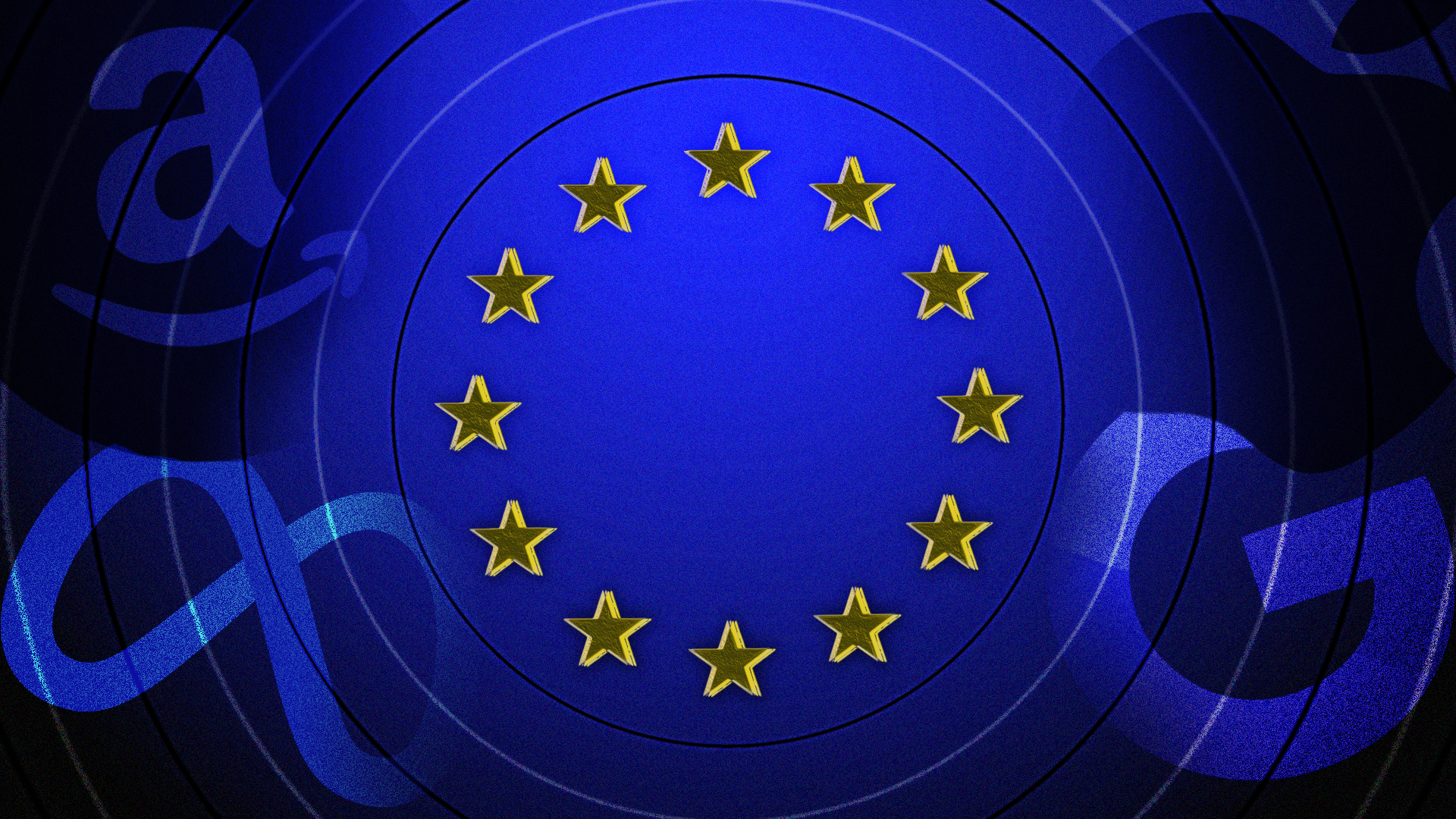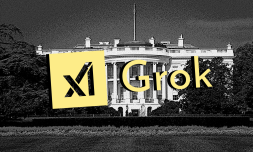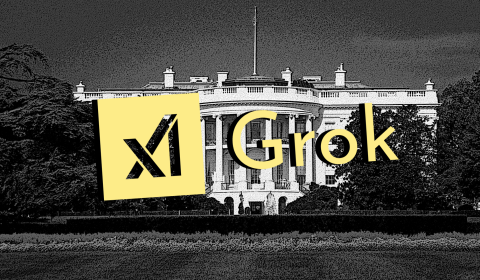A new EU law dubbed the Digital Markets Act will aim to stem the relentless market domination of Big Tech’s giants. This will, in theory, provide smaller online businesses with a chance to grow.
As much as we’d love it to be, the world just isn’t an equal opportunity place, is it? Ah well, at least our phones are always there to provide a bit of escapism, complete with all of our favourite apps – also run by a handful of wealth hoarding conglomerates. Sigh.
Finding digital entertainment or dabbling in e-commerce is almost impossible these days without somehow handing revenue or data to one of Meta, Apple, Google, Microsoft, or Amazon, among a few others.
These Big Tech giants quite literally dominate the market, and as their success perpetually grows, it narrows the window of opportunity for small-to-medium sized companies to succeed or sprout at all.
In lieu of avoiding a complete industrywide shutout, the EU is hoping its Digital Markets Act (DMA) can level the playing field somewhat beyond just the ‘gatekeepers’ of the tech industry. Who doesn’t enjoy a bit of healthy competition?
Put simply, the DMA is a legislation specifically focused on limiting the market power of the world’s biggest tech companies. It had previously been suggested that this could be enforced by October, but Spring 2023 now appears more likely.
It is broadly described as an ‘anti-trust’ law, which means that any indiscretions from the companies in question will be punishable by hefty sanctions. Depending on the level of offence, up to 10% of an entire year’s revenue may be charged.
This could severely disrupt and shakeup the current business models used by the world’s tech behemoths, though we haven’t seen the full set of stipulations yet.
We do know that self-preferential behaviours will be heavily targeted. This would mean that Google, for instance, may not be able to legally display its own products alongside the results of a Google search once this comes into effect.


















